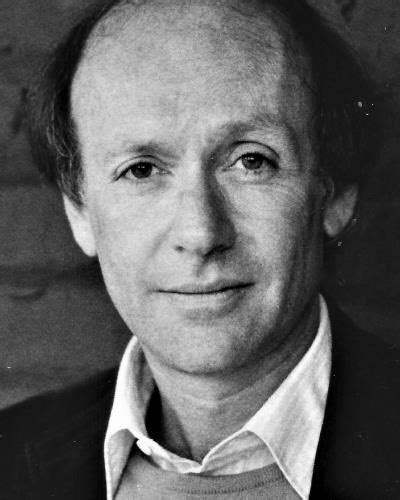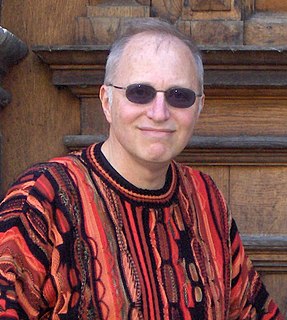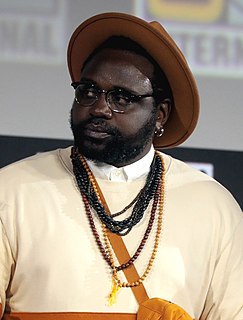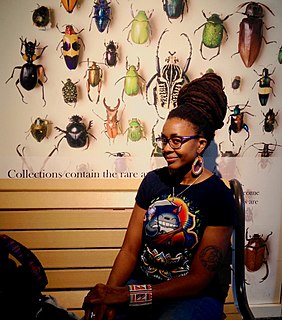A Quote by Arthur Plotnik
The Web is cool, but the library is magic. Where else can the spirit of generations of writers stir your soul? So many writers talk about libraries setting them on their magical paths, it's almost a groaner. But we know it's true. Wander through the stacks and you can feel the dreams, the unique worlds bubbling within each volume. The magic enters you as if by osmosis. On the Web, you may feel clever, lucky and driven to download--but rarely inspired to dream and to write.
Related Quotes
A reader's tastes are peculiar. Choosing books to read is like making your way down a remote and winding path. Your stops on that path are always idiosyncratic. One book leads to another and another the way one thought leads to another and another. My type of reader is the sort who burrows through the stacks in the bookstore or the library (or the Web site — stacks are stacks), yielding to impulse and instinct.
In animation, you may be working with 20 writers, and everybody has to write the same thing. You can't have episodes that don't feel like they belong. In comics, you're gonna write a whole run, which means it's your style that's coming through. But when you're working on a show that's collaborated with a dozen other writers, you have to have a style that blends the show together. So you can't write it the way you normally would, because your script will stand out from all the others.
People get inspired to write, paint, draw, sing, sculpt, dance in many different ways. And there are many types of art. But the one thing that they all have in common is that they are all a sort of magic. Sometimes the magic flows from one’s fingers, other times it is transferred to the person who experiences the result. Magic has always worked in mysterious ways.

































